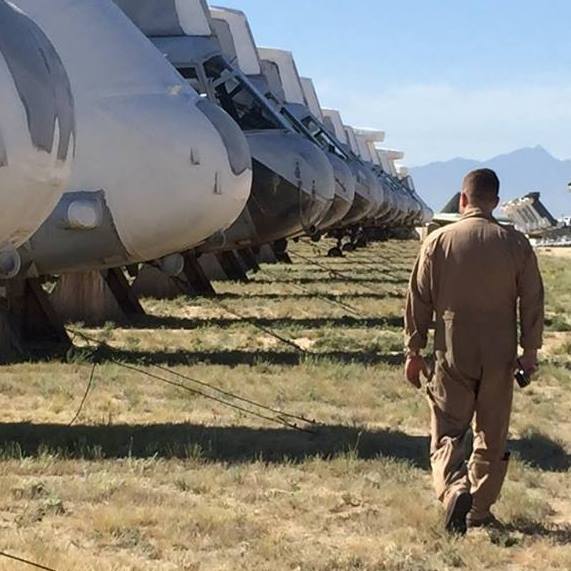I will start first
- I didn’t notice my diy NAS motherboard had Pci-E Gen 2.0 (old gen) before buying it. It’s not a great limitation (still 500MB/s) for the two spinning disks I have on it, but it’d be if I will decide to switch to SSDs
- I cheaped out on the PSU. I bought another one without waiting for that crap to burn down so I eventually spent more
- I often break the software. Sometimes I kill the OS or mess with some BTRFS pools
Sometimes I just feel not adequate for it. Does this kind of things happen to you too?
In the last hour?
NoEdit: never mind
All the time. Why have a home lab if you aren’t going to fuck things up? :)
Better it happens in the home lab than at work!!
If the lab just wasnt production >_>
I do like my home media server
Yes. Anyone who says otherwise is a goddamn liar.
Getting started with openwrt there were a few times i fucked the config so badly the only resolution was to nuke from orbit and start from scratch
doing a hard delete of all my docker containers by accident was a fun mistake I made
You too, huh? Thank God for backups.
You have backups?
This is literally the point of a homelab. I mean not so much the hardware stuff, that sucks, but hell yeah, breaking shit is how you learn! You do not learn JACK following a tutorial to the letter and everything going perfectly.
I only make mistakes in a production environment at work.
I don’t test often but when I do its in production
Everyone has a Dev environment, some people also have a separate Prod environment.
I have 24TB of wasted SSDs. I learned not to buy QLC ever again haha
TIL there are different type of SSDs o_o
Yeah it’s a fun ride.I run a cluster and the storage is replicated and distributed among them. 3/6 of my disks were QLC. One disk went bad super early and caused a bad latency but the other 5 disks kept performance up for the most part. Once I found out it was hardware I went with an enterprise SSD with a a 3 DWPD rating (drive wipe per day) and those beasts are so good. TLC m.2s seem to be okay too but I don’t think I’ll ever touch QLC again.
Breaking things and learning how to fix them is a big part of owning a home lab. It can be frustrating but the learning experience is worth it
I mostly learn from mistakes, and since homelabs are all about learning, there are bound to be mistakes.
I’ve borked my network multiple times, broken VMs, and redesigned things from the ground up, again.
Big lesson is to have backups. Lol
I still make mistakes. I have a Proxmox server right now rebooting at random times and I have no clue why and no time to fully diagnose.
I 100% have made many many mistakes … I just don’t know which … yet.
Cheaped out on UPS, now I have three basic small ones I have no use for (they work except the battery isn’t good anymore). Would have been better spend a bit more right from the start.
What type/brand do you have now?
I ended up with a second hand APC 1500. Contrary to some other models you can just monitor it with a standard USB cable, just the power cables with these inverted plugs are a bit hard to get these days.
My first
rm -rmistake was a hard pill to swallow… You think this only happens to others or because people don’t take time to look carefully their command…Nah… when you’re experimenting new things (grep, exclude certain files, piping other commands, relative path vs absolute, sed, regex…) It can easily do some strange things you didn’t expected beforehand.
But hey that’s how you learn (I guess?). If everything would be perfect the first time you do something, the world would be annoying ? 😄
I’ve been using rootless Docker because it’s a good practice, but I’ve been having weird permissions issues that apparently no one else has or, at least, not enough people use rootless to know lol. I have some theories about how to solve it, but it would require a good amount of time. I’m also restructuring my directories so it’s better organized with Syncthing and I have to resolve those permission issues to solve the backup problems I have (mostly DB files that I don’t have permission to copy).
Yes, I just broke my sso app by upgrading and not making a backup beforehand.
For protecting your OS virtualization or containerization is key.









